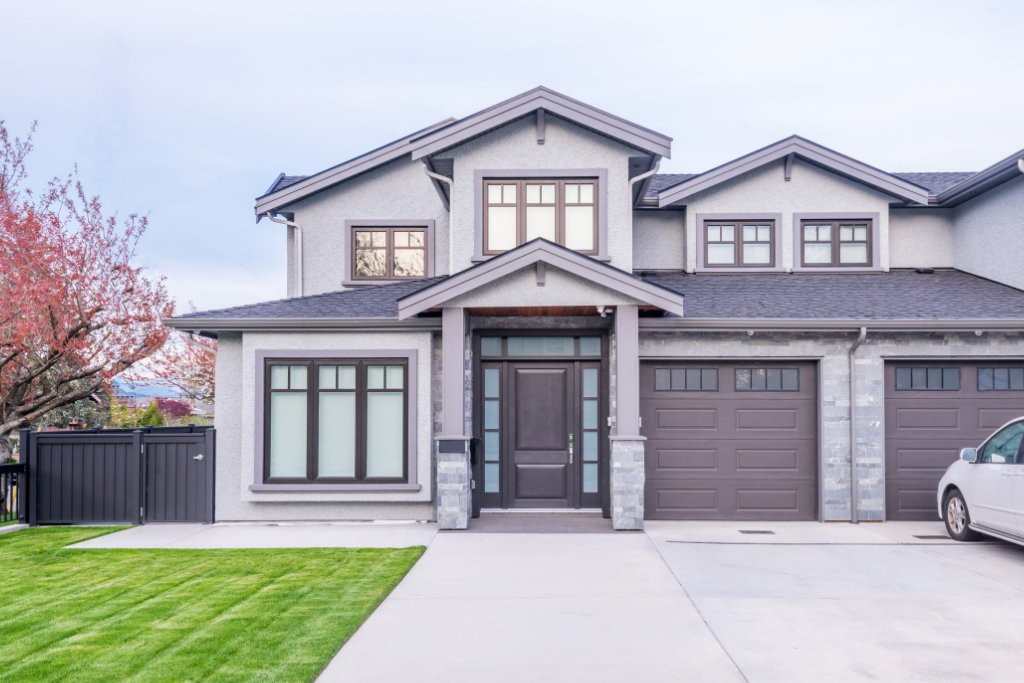With a recent home purchase under your belt, there’s no better time to assess how you can improve your finances and stay grounded. Here are seven tips that will make you wise to spending less—and tell you when spending more is actually wiser.
1. Emergency Preparedness
After all the expenses of buying a home clear, what used to be a routine cost like an unexpected car repair can become a financial emergency. Rebuilding your emergency reserve should be your number one priority. Sound fun? Maybe not, but tracking your progress toward a goal can be extremely rewarding. Just ask the makers of FitBit.
To get you excited about doing right by your finances, start by picking that magic number for your savings account, usually equal to three to six months of expenses. Then work toward it by making your own goals and rewards.
2. Freeze!
We’re not talking freeze tag. A spending freeze is when you commit to a specific amount of time—usually a few months—during which you and your partner won’t buy anything beyond necessities. The reason a spending freeze is important for the next few months is that you’ll likely find the money usually dedicated to extras will now be required for your new project—your house. For example, say you buy in December and realize in March that your outside spigots have no hoses attached or that the sprinklers you couldn’t test need lots of work. Instead of regretting your late-night Amazon binge purchase, take the cold, hard cash you chose not to spend and use it to rescue your lawn.
3. Shop With Your Wallet, Not Your Stomach
Food is a tasty, but enormous, part of your budget, taking 10-30% of your money. Shopping wisely for groceries and household consumables may be your single biggest money-saving strategy.
To stretch your grocery dollars, start by making a menu and an associated shopping list before you even hit the store. Buy only what is on the list. Don’t go into the store hungry.
For more savings, wait a full week before stepping into another store—even if you run out of essentials like milk and eggs. It may take some creativity and a few Pinterest searches, but it stretches the amount of time between shopping trips, and the fewer times you go to the store, the less money you’ll spend. As you prepare meals, track items you’re out of inside a note on your phone. Try recipes with economical items like beans, potatoes, and rice. When you need a break from the kitchen, make grilled cheese and serve it on the back patio rather than go out. Your bank account will thank you.
4. Simplicity is Key
Think you can’t enjoy yourself unless you pay $45 at a restaurant, plus $25 for a movie? Think again. Simple pleasures like having friends over for a game night and homemade pizza can be just as rewarding, especially when you do the math. Your dinner and movie night is a $70 expense. Cut that cost for two weeks every month and you’ll save $1680 annually—an added reward that makes your simple entertainment twice the fun!
5. Dump New Debt
Getting more debt right after purchasing a house is like eating a third helping on Thanksgiving, even though your belt and button are already undone. You’re going to get too full and potentially sick. Buying a home is a HUGE celebration. Don’t ruin it with the meat sweats. Be sure you can handle the thousands of dollars of debt you just signed up for before you add anything new.
6. New Home, Who Dis? Not New Furniture
You have years to live in your home. Enjoy it with your same old couch and a second-hand table, saving the next perk for next year. Why? The most typical way you’d get new furniture is by accruing new debt (bad) or raiding your already-depleted cash savings (worse). So go ahead and plan your décor, make Pinterest boards, and envision the joy of creating a space that is truly yours—just wait to make good on those plans until you are better prepared to afford them.
7. Definitely Fork Out Cash for House Repairs
With all the drive to not spend, you might be tempted to let necessary repairs pile up around your new house. Not good! Most of the financial decisions you’ve made recently revolve around your home purchase, like the cash you accrued for a down payment, the mortgage you pay, and the utilities and insurance you now handle. Don’t let all of these payments go to waste! Yes, the idea of spending thousands of dollars to replace old or unsafe systems and appliances is unsettling and can seem like an insurmountable obstacle, but this is the exact scenario you are saving your money for. We recommend saving at least 1% of your home’s value every year to save for repairs. Some things just come up!
Skipped a Step?
If you haven’t purchased your dream home yet but are seeking financial advice to help you prepare for your big investment, we applaud you. We want to help you find a home you love AND save you money. Say what? Oh yeah. When you buy with Homie, you can keep up to 50% of our buyer’s agent commission*. Click here to get browsing homes for sale and start thinking about what you’ll do with all those savings.
*Subject to terms and conditions outlined in the Buyer Broker Agreement.

